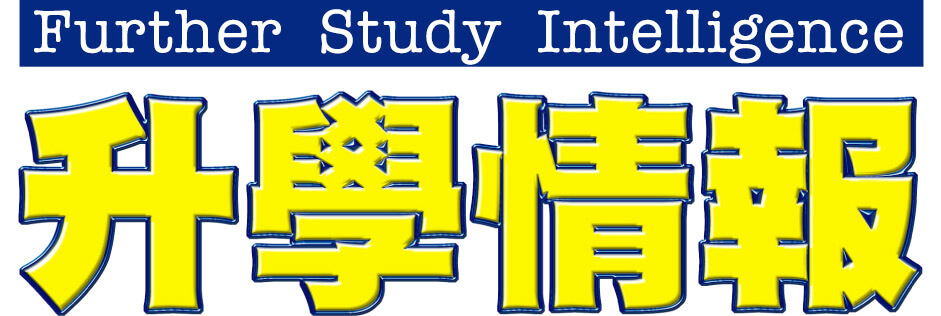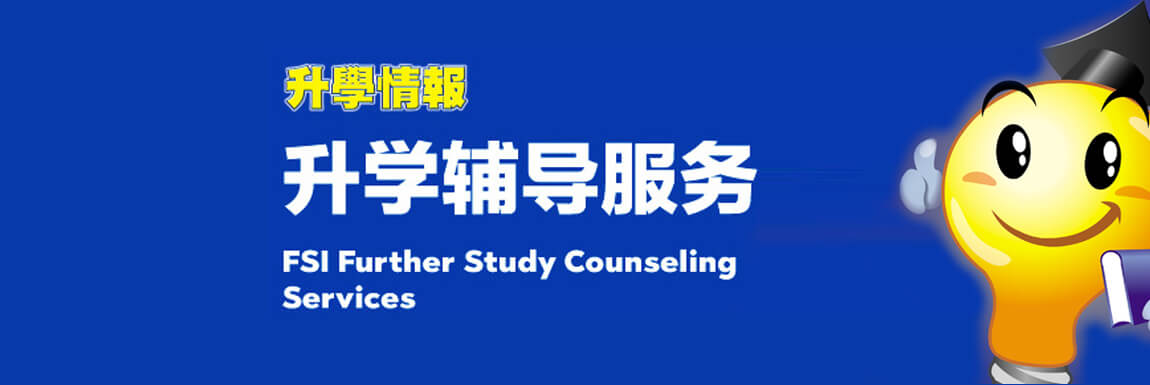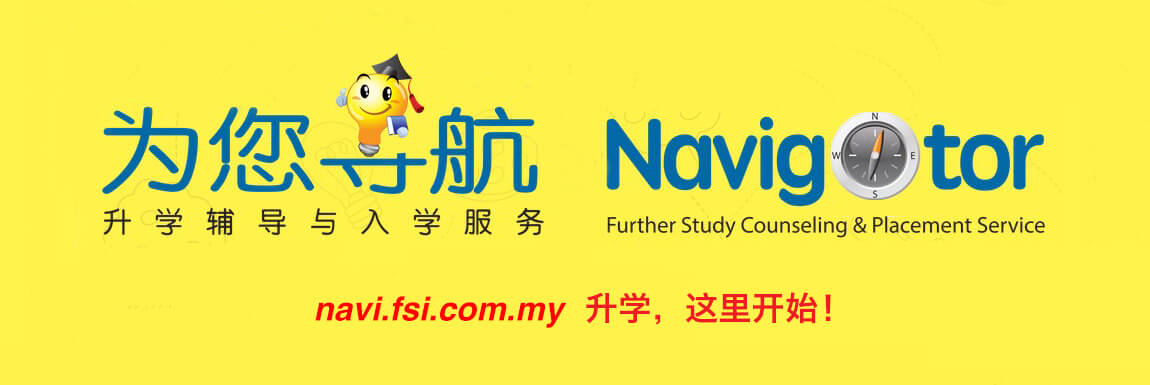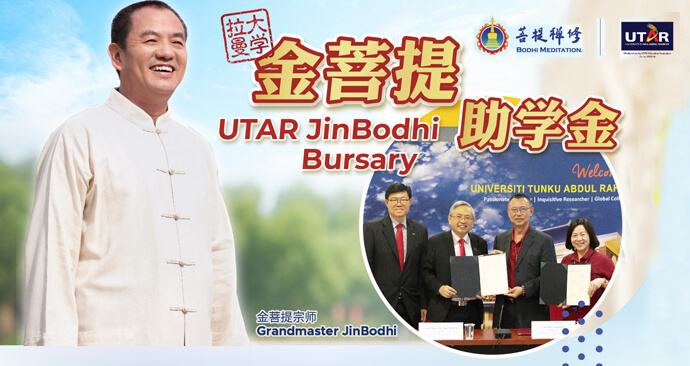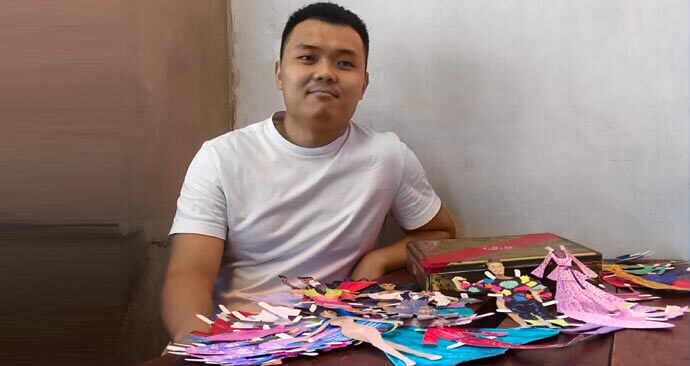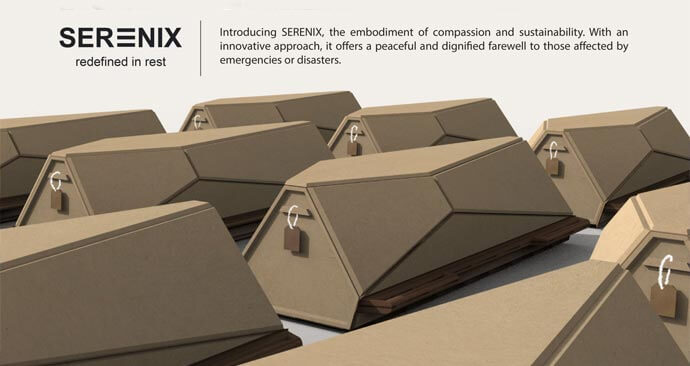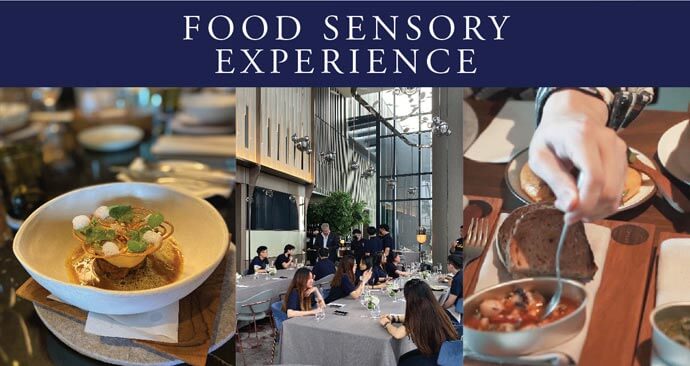In the shift to a learner-centric approach, educators are often faced with the challenges of understanding the learner’s needs and establishing where they are in their learning journey.
To address this, Prof Séamus Ó Tuama, Director of Adult Continuing Education (ACE), University College Cork (UCC) Ireland and Chair of ASEM Lifelong Learning Hub, shared his thoughts on ‘Shaping a Learner-Centred Approach: Reflexivity and Capitals of Learning’ with academics at the WOU City Campus on 12 December 2022.

Prof Ó Tuama was inducted into the International Adult and Continuing Education Hall of Fame in 2022.
He also expounded on the five learning capitals and their relevance to lifelong learning against the backdrop of reflexive modernity.
Describing seed capital as the baseline from which the learner starts, he said this includes the capacity to accumulate additional capital and opportunities to invest any capital the learner already has.
He explained that identity capital, which refers to one’s self esteem, can be greatly enhanced through education. “It’s important to bear in mind that when engaging the students, we are also engaging with how they view themselves, how they change our perspectives of themselves.”
Citing cultural capital as the competencies one has to participate in society, Prof Ó Tuama said, “Everyone has an opportunity to extend their cultural capital in a reflexive way that allows them to identify their priorities, goals and ambitions.”
He also shared that education deepens social capital, which represents the connections that people make. In the case of those from marginalised groups who have otherwise poor connections outside their own networks, this gives them opportunities for jobs and careers.
Finally, human capital is skills we use in the workforce. He cautioned that human capital can become outdated very quickly. “For somebody who graduated in computer science in 2000, is everything they learned still relevant today?” he asked.
“We need to be careful that we are not providing courses that are centred around our skills rather than the needs of the learners.”

Academics from various Schools attended the talk at the WOU City Campus.
Prof Ó Tuama emphasised that educators should adopt a holistic outlook, follow a demand-led and learner-centric approach, offer quality programmes, be realistic in what can be delivered, and, most importantly, leave no one behind.
The audience also had the opportunity to learn about the ACE education programme for the Irish Travellers, an ethnic minority group in Ireland; Learning Neighbourhoods, a programme that provides formal and informal education in the community; ACE Sanctuary Scholars for asylum seekers and refugees who have qualifications from their own countries but are not able to use them in Ireland; and a programme for displaced Ukrainian university students.

Tan Sri Andrew Sheng presented Prof Ó Tuama with a copy of his book, From Asian to Global Financial Crisis.
Also present at the talk were Tan Sri Andrew Sheng, Chairman of WOU’s George Town Institute of Open and Advanced Studies (GIOAS), and Prof Vikneswaran Nair, President of DISTED College.

The attendees with Prof Ó Tuama after the talk.
Online Education Fair 线上教育展
Wawasan Open University (WOU)
宏愿开放大学
https://edufair.fsi.com.my/wou
